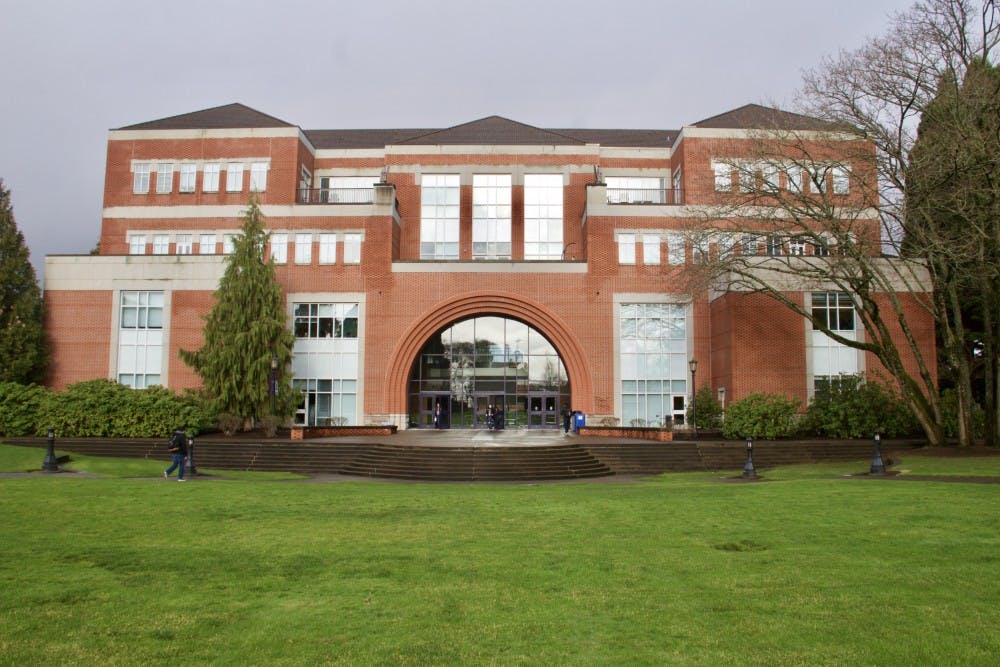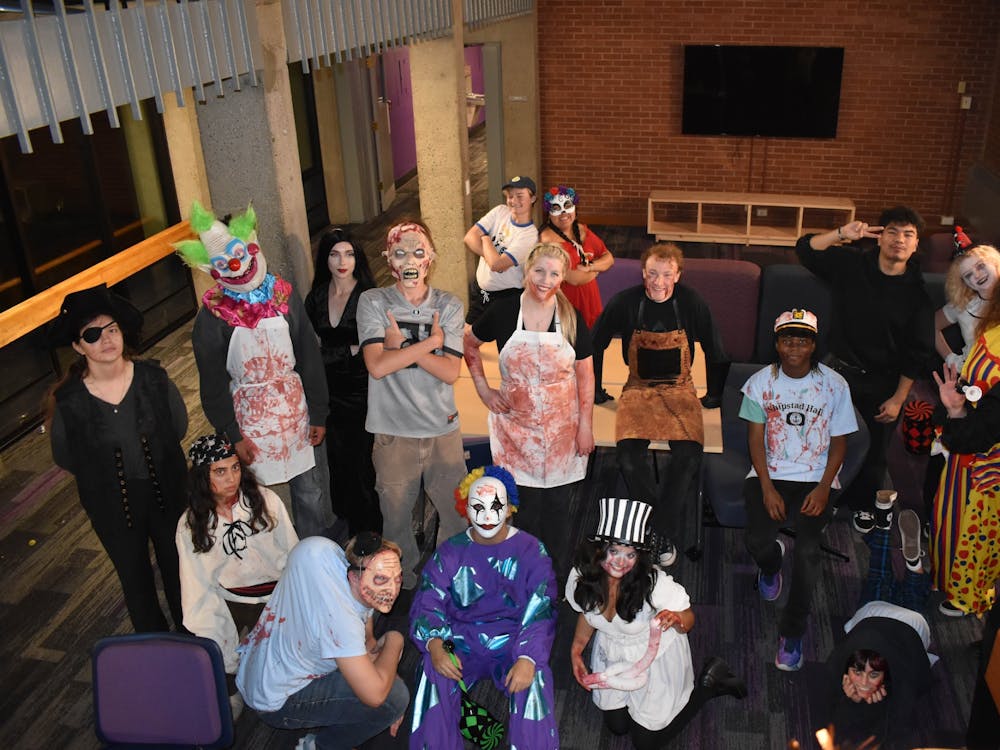Seniors Amen Mengistu and Kale Kanaeholo searched Franz Hall for an open classroom one February weekend while studying for midterms, but they were surprised to find none open.
“In years past, we’ve been able to get into Franz classrooms and utilize them to study,” Kanaeholo said. “Especially during midterms and final exam weeks, when study space is tight.”
Academic building hours will now be standardized, according to an academic update from Provost Thomas Greene. The update, according to Kathleen Staten, administrative assistant to the provost, is sent by the Provost’s office to faculty and staff twice a month.
“It is important that we are ever-vigilant about campus safety,” the update read. “To increase security, our Public Safety team is standardizing the access to all academic buildings beginning today with the support of the Provost’s Council. Thanks to Public Safety for always improving safety conditions on campus.”
Under the new hours, which took effect March 20, academic buildings will be open from 6 a.m. to 10 p.m. Monday through Thursday, 6 a.m. to 8 p.m. on Friday, and 8 a.m. to 8 p.m. on weekends. Students will continue to have card access to these buildings two hours after closing.
Classrooms in academic buildings are not open to student use on weekends and outside of class hours on weekdays, according to Director of Public Safety Gerry Gregg. If students wish to hold study groups in classrooms outside of regular hours, Gregg advises they coordinate with their professor to open a room for them.
After finding no rooms open, Mengistu called Public Safety to see if officers could open a classroom for them to use. The dispatcher told Mengistu that they couldn’t open rooms for students unless professors had made prior arrangements.
Gregg explained that it has always been policy to lock doors of classrooms not in use.
“The classrooms should have been locked when they weren’t in use,” Gregg said. “But what happens is people who’re using the classrooms don’t always lock them like they’re supposed to.”
Mengistu suggested implementing a system like the library study rooms in which students could reserve unused rooms.
“Taking all those classrooms away is going to be a nuisance when you’re trying to find somewhere to study during midterms or finals,” Mengistu said. “There’s a lot of people trying to get things done.”
Gregg agreed that this could be a potential solution, but clarified that the decision is not in the hands of Public Safety. Even if it were, Gregg explained that classrooms in academic buildings have equipment like computers that study rooms do not. Computers have been stolen in the past, and this would need to be considered before classrooms were made open.
If students are interested in negotiating such a system, Gregg recommends they go through their student government, who can speak with the academic deans on their behalf.








